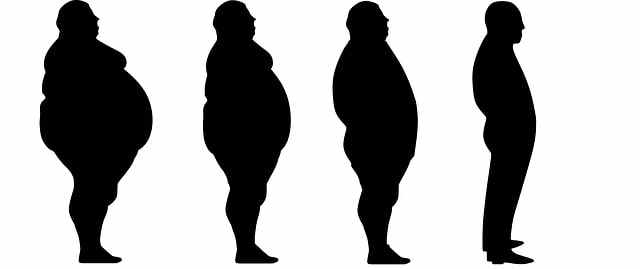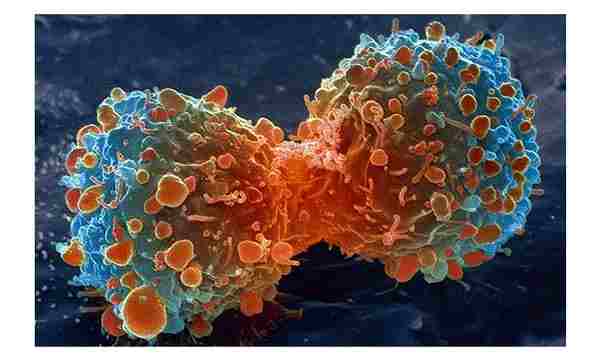Obesity is the Mother of All Diseases
Obesity is the mother of all diseases. One would never love to be diagnosed with this “Mother of all diseases,” especially if you know how obesity is harmful to your health.
Excess body fat has grave consequences for health. It is commonly associated with high levels of LDL, which is bad cholesterol, and triglycerides and low levels of HDL, which is good cholesterol. It impairs the body’s responsiveness to insulin, raising blood sugar and insulin levels. Excess body fat contributes to leading causes of disability and death. Some of the severe hazards of excess body fat are the risk of heart attacks, strokes, high blood pressure, diabetes, cancer, fatty liver, osteoarthritis, and depression.
Faced with these risks, it’s no wonder that you want to know how much you should weigh. But this common and important question is the wrong question. For health, the issue is not how much you weigh, but how much abdominal fat you have.
What Makes Belly Fat Harmful?
Scientists still studying this today, but research is providing strong clues. To understand these clues, you must first know that abdominal fat comes in two different forms. Some of it can be found in the fatty tissue just beneath the skin. This subcutaneous fat behaves like the fat elsewhere in the body which is no friend to health, but it’s not a specific threat.
Fat within in the abdomen is another story. This visceral fat is located around the internal organs, and it’s the real villain of the piece. One of the earliest clarifications for this is that visceral obesity is linked to overactivity of the body’s stress response mechanisms. This raises blood pressure, blood sugar levels, and cardiac risk.
Studies after studies reveal that the people with the larger waist sizes have a higher risk of life-threatening diseases such as the ones mentioned previously. The evidence couldn’t be more convincing. According to the National Institutes of Health, a waistline greater than 35 inches for women and 40 inches in men can be a significant indication of the risk involving heart disease and diabetes.
However, cranking up on sit ups and finding your abs does not guarantee you a get-out-of-the-hospital-free card. But studies do show that by practicing a strong abdominal activity, you will lose body fat and cut the risk factors associated with many diseases, not just heart disease or diabetes. For example, the incidence of cancer among obese patients is 33 percent higher than among those that lean and fit individuals, according to a Swedish study.
The World Health Organization estimates that up to one-third of cancers of the kidney, colon, and digestive tract are due to individuals being overweight and lacking physical activity. This is due to the fact cancer is caused by mutations in cells. Fat tissue in the abdomen stimulates the body to produce hormones that prompt your cells to divide and once these celled are divided it means more opportunities for cell mutations, which leads to a greater cancer risk.
 Does Abdominal Obesity Only Occur in Fat People?
Does Abdominal Obesity Only Occur in Fat People?
Even if you’re not overweight, having a large belly raises your risk of dying of heart disease, a new study suggests. It has been found that normal-weight individuals with a “spare tire” (known as central or abdominal obesity) had a higher risk of dying from heart disease or any other cause than compared to individuals without central obesity, regardless of whether they were a healthy weight, overweight, or obese.
The results, published on December 15, 2015, Annals of Internal Medicine, suggested that people with central obesity—even if are not overweight—may benefit from lifestyle alterations to prevent heart disease, such as exercise and switching to a plant-based diet.
Abdominal obesity is defined as having a waist-to-hip ratio of greater than 1.0 for men or greater than 0.9 for women. To calculate yours, measure around the waist, (directly above your navel) and your hips (right around the widest part of your buttocks) and just divide the first number by the second.
Try not to gain abdominal fat as it can risk your life and can be fatal. Stay safe and healthy.







